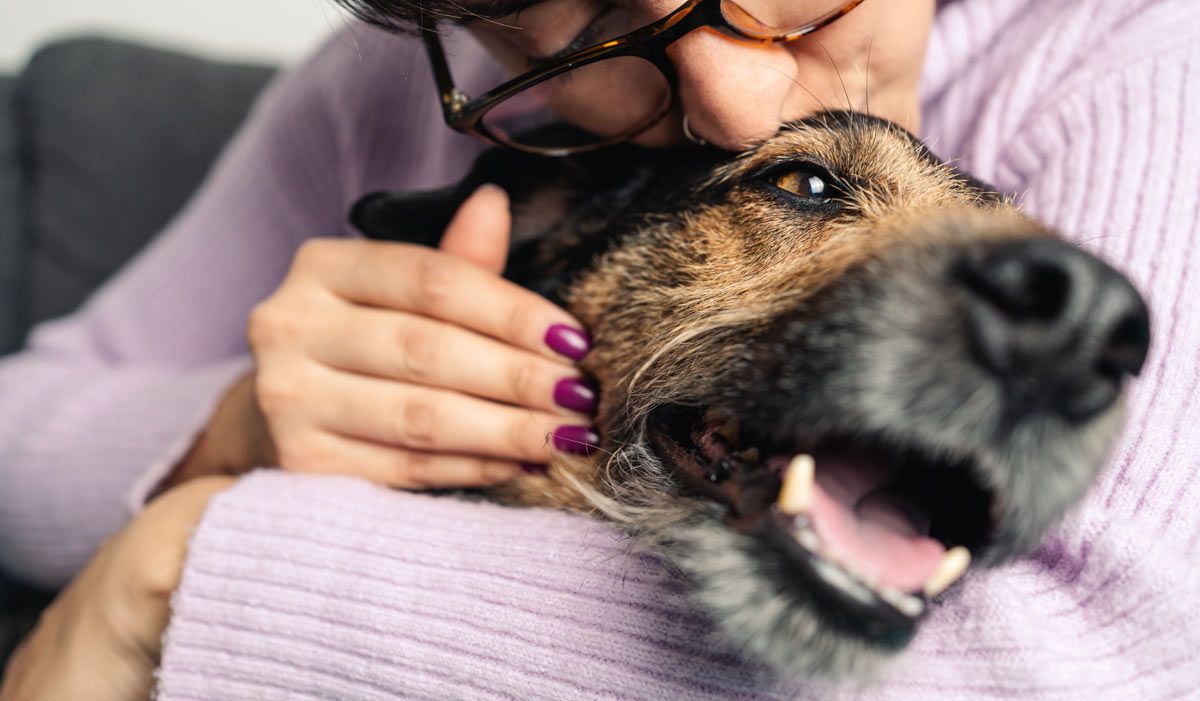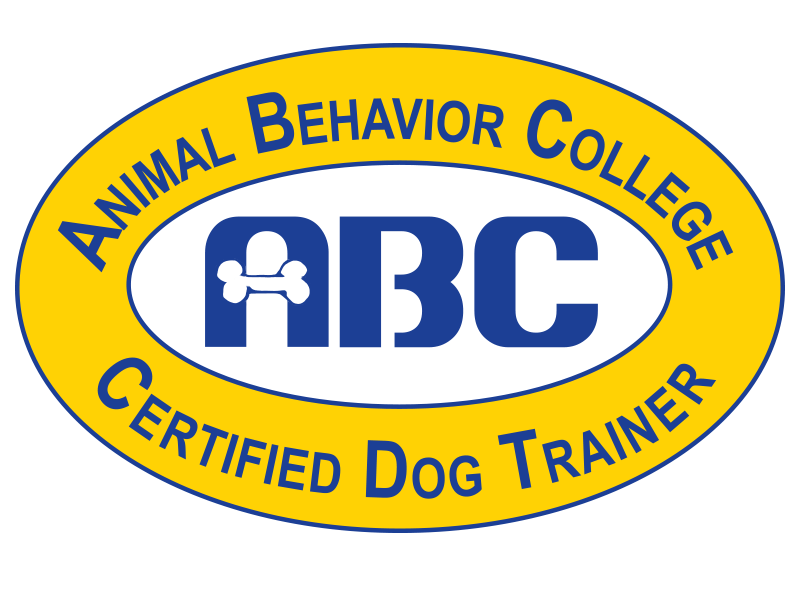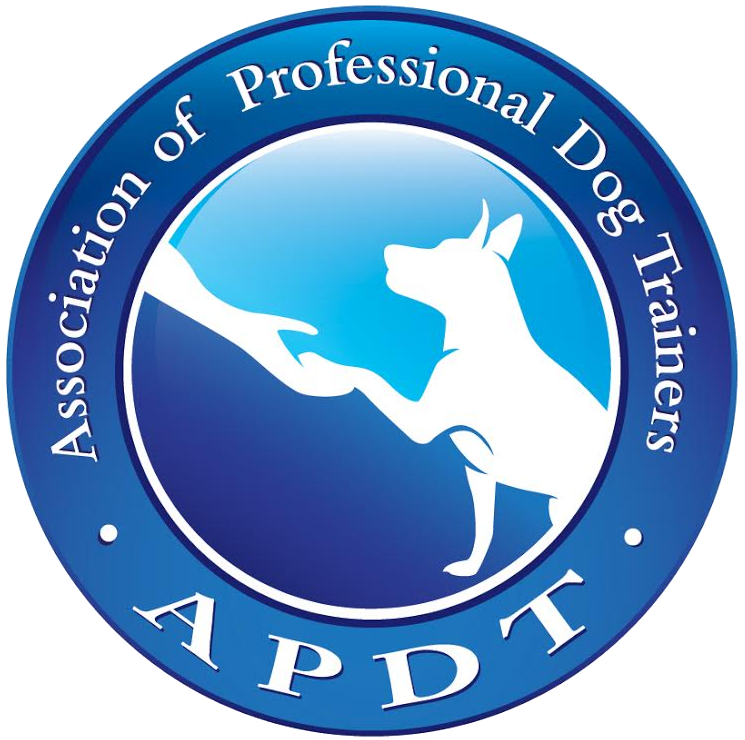Dogs for Apartment Living
Learn about the best and most challenging dog breeds for apartment living.

According to the US Census Bureau, as of 2019, Nassau County had a total housing units count of approximately 479,000, of which almost 30% were apartments. Choosing the right canine family is personal, but some dog breeds are best suited for apartment dwelling, and others may present a challenge for their owners. Here are some guidelines for your consideration.
Dog Breeds Recommended for Apartment Living
There are many dog breeds that can thrive in apartment living if they receive the proper exercise and training. Generally, smaller dog breeds tend to adapt well to smaller living spaces, but that doesn't mean that larger breeds can't also make good apartment companions. Here are some of the best dog breeds for apartment living:
- French Bulldog: This playful and affectionate breed is a great choice for apartment living due to their low exercise needs and adaptability. French bulldogs are also relatively small and don't shed excessively, making them an excellent choice for people with allergies.
- Boston Terrier: These friendly and intelligent dogs don't need a ton of exercise and are content to cuddle up on the couch with their owners. They also tend to be quiet dogs, which is helpful when living in an apartment.
- Cavalier King Charles Spaniel: This breed is known for being affectionate and adaptable, which makes them a great choice for apartment living. They do require moderate exercise, but they are also happy to snuggle up with their owners on the couch.
- Pug: This lovable breed has a low energy level and is happy to curl up in a cozy spot in your apartment. Pugs are also small in size, making them a great choice for smaller living spaces.
- Shih Tzu: This breed is often described as being a "lap dog" due to their love of cuddling and being close to their owners. They don't need a lot of exercise and are generally quiet, making them well-suited for apartment living.
- Chihuahua: These tiny dogs are often thought of as being ideal apartment dogs due to their small size and low exercise needs. They are also known for being loyal and affectionate towards their owners.
- Greyhound: This might be a surprising addition to the list, but Greyhounds can actually make great apartment dogs. Despite their reputation for being high-energy dogs, they are actually quite calm and enjoy lounging around the house. They do need daily exercise, but they are also content with a brisk walk.
- Poodles: Poodles can be great apartment dogs! They typically have a calm and adaptable nature, so they can do well in small spaces as long as they get enough exercise and mental stimulation. Plus, they are hypoallergenic, so they are a good option for those with allergies.
- Bichon Frise can be a great apartment dog as they are small, affectionate, friendly, and low-shedding breed. However, like any dog, they require daily exercise and mental stimulation to prevent boredom and destructive behaviors. It's essential that you take your Bichon Frise for daily walks and provide them with interactive toys or puzzle games to keep them engaged while you are away.
- Pit Bulls, despite their reputation as aggressive dogs, can actually make excellent apartment pets. They typically have a low to medium energy level, which means they won't require constant exercise and can be happy with a short walk or playtime in a smaller space. Some apartments or cities may have breed-specific legislation against Pit Bulls, so make sure to check your local regulations before making a decision.
Of course, it's important to remember that every dog is different and has their own unique personality and energy level. Before adopting a dog for apartment living, it's important to research their exercise needs and personality to make sure they are a good match for your lifestyle. You should also make sure you have enough space in your apartment for your furry friend to move around and feel comfortable.
Dog Breeds Not Recommended for Apartment Living
While there is no one-size-fits-all answer to this question, as every dog is different and has its own specific needs, there are certain breeds that may be more challenging to accommodate in an apartment. Typically, breeds that are larger in size, more energetic, and require a lot of exercise may not be the best choice for apartment living. Some breeds that may not be recommended for apartment living include:
- Great Danes - Great Danes are generally not considered to be the best breed for apartment living. They are large dogs that require quite a bit of space to move around comfortably, and they are generally not very active indoors. Additionally, they can be prone to separation anxiety, which could cause problems if you are away from home for long periods of time. They can also be quite vocal, which may not be ideal for apartment living.
- Huskies - These dogs are highly energetic and require a lot of exercise. They may become destructive if they don't get enough physical activity. They also have a tendency to howl and bark, which may not be suitable for apartment living.
- Dalmatians - These dogs are known for their energy and high exercise requirements. They may become bored and destructive if they are not given enough physical and mental stimulation.
- Boxers - These dogs are energetic and playful, but they are also big and strong. They may not be ideal for small living spaces, as they can be quite rambunctious and may accidentally knock things over.
- German Shepherds are known for their intelligence, loyalty, and trainability, which makes them excellent working dogs and pets for many families. However, they are medium to large-sized dogs that have a lot of energy and require regular exercise and mental stimulation. While German Shepherds can live in an apartment, there might be better living situations since they might get bored and restless without enough space to roam and play.
- Golden Retrievers are known for their affectionate and adaptable nature, but they may not be the most suitable dog for apartment living. This is because they are a larger breed that requires a lot of exercise and physical activity in order to stay healthy and happy. Providing them enough space to move around and run, as well as adequate outdoor walks and playtimes every day, is important to their wellbeing. However, if their exercise needs can be satisfied even in a smaller living space, and their other needs such as mental stimulation, socialization and attention are met, then they may do just fine in an apartment.
- Border Collies are known for their intelligence, agility, and herding instincts, but they could find apartment living challenging. Border Collies require a lot of exercise and mental stimulation, which can be difficult to provide in a smaller living space. They thrive on being able to run and play, and may become frustrated or even destructive if they are not able to burn off their energy.
Again, it's important to remember that not all dogs of a certain breed will have the same personality or energy level. Factors such as the individual dog's temperament, exercise needs, and training can all play a role in how well they adapt to apartment living. It's always a good idea to do your research and consult with a
dog training professional like Maureen Keene when considering owning a dog in an apartment setting.

Maureen Keene
Keene Kanine
Long Beach, NY 11561
(516) 633-5201
Business Hours
- Mon - Fri
- -
- Saturday
- -
- Sunday
- -
Copyright 2020 All Rights Reserved. Art Licensed by Shutterstock©







